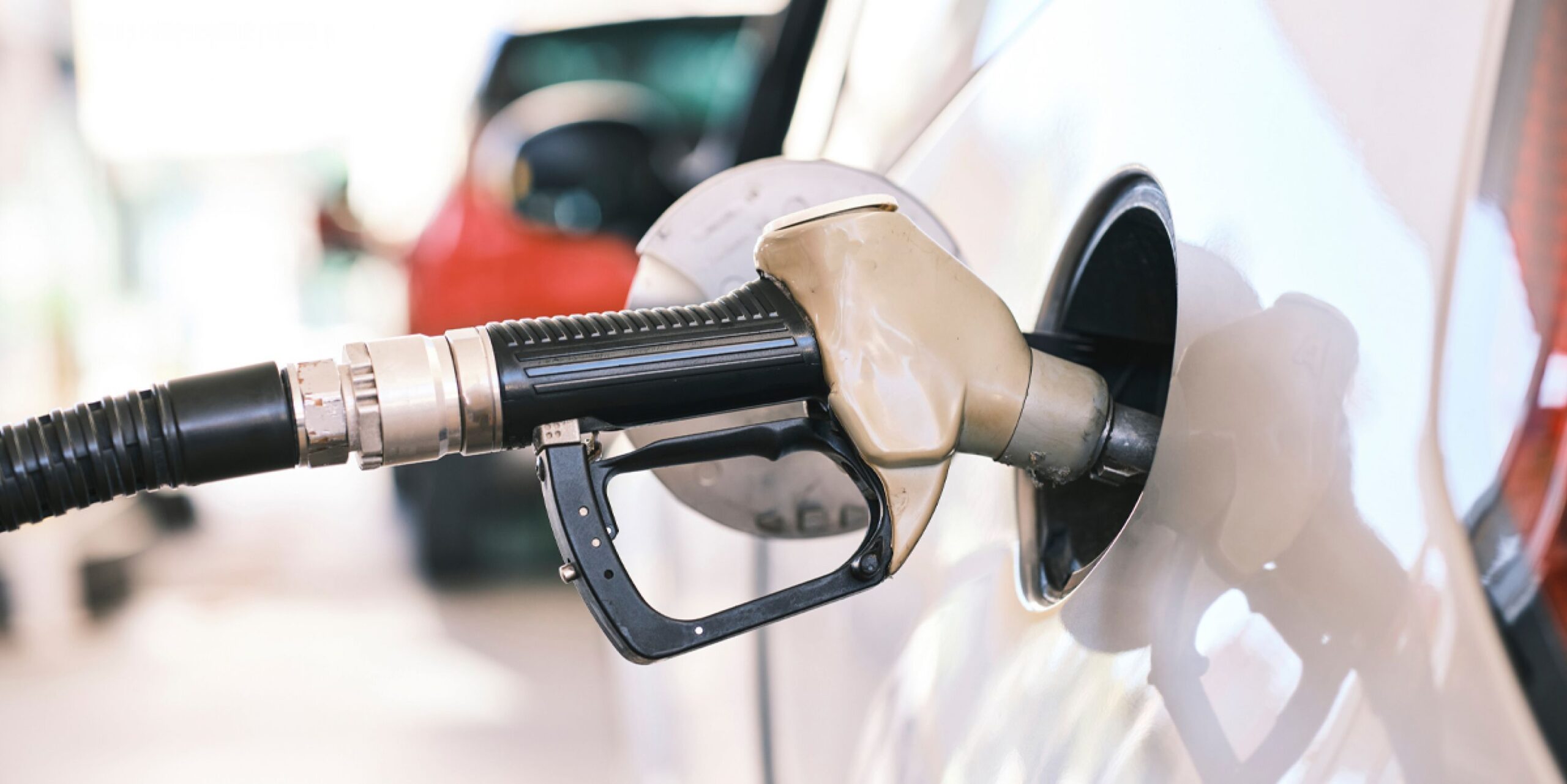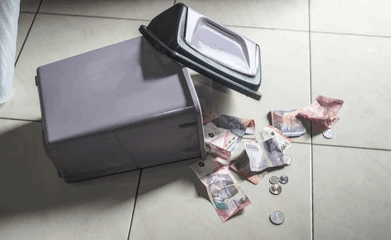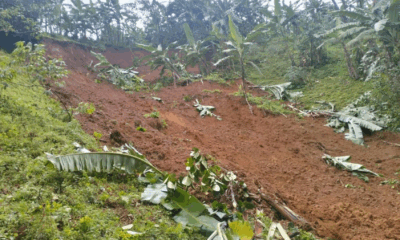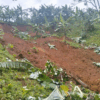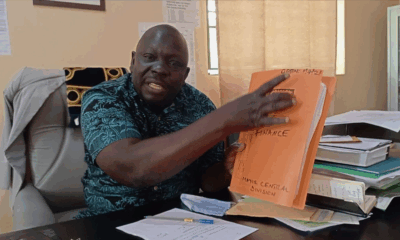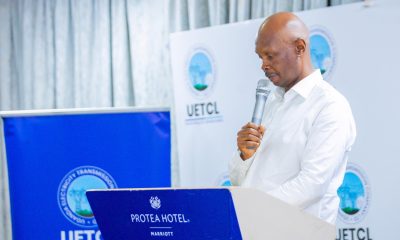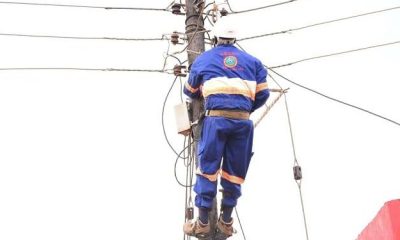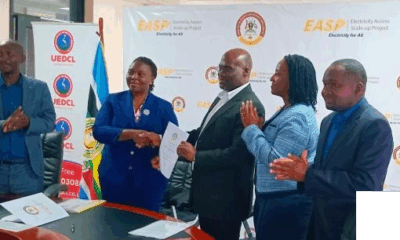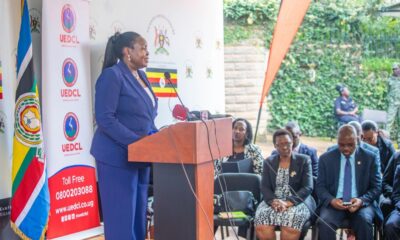Energy
Funding Shortages Hamper Uganda’s Fight Against Fuel Adulteration and Smuggling
The Ministry of Energy and Mineral Development has warned that limited funding is slowing efforts to combat fuel adulteration and smuggling across Uganda, despite significant progress in reducing the vice over the past decade.
Speaking during a fuel consumer awareness campaign in South Western Uganda on Thursday, Steven Barisigara, Assistant Commissioner in Charge of Standards, Licensing, and Quality Assurance, said the ministry is gradually building capacity to achieve nationwide fuel quality monitoring.
“We cannot cover the remaining parts of the country fully yet, but we are planning and budgeting to deploy additional monitoring vehicles—mobile laboratories—so that we can achieve 100 per cent coverage. We expect two more vehicles in the first quarter of this financial year,” Barisigara said.
Fuel adulteration, particularly the mixing of kerosene with petrol and diesel, continues to compromise fuel quality. Spero Byokunda, Head of Petroleum Quality Assurance at the Ministry, explained that the issue dates back to 2008/9 when the fuel marking and quality monitoring program began. At the time, 30 per cent of fuel in the market was adulterated.
“The urge to adulterate remains strong because kerosene is cheaper and highly subsidised by the government. If the price of kerosene were closer to petrol or diesel, there would be little motivation to mix it. But the price difference creates a financial incentive for adulteration,” Byokunda said.
The ministry has also focused on reducing fuel smuggling. Byokunda noted that smuggling has decreased because fuel taxes are already collected at the port of Mombasa, reducing the incentive to move untaxed fuel across borders.
Peter Kitimbo, Supervisor of the Fuel Marking and Quality Monitoring Program, highlighted the impact of mobile laboratories in curbing adulteration.
“Initially, non-compliant products accounted for about 30 per cent of fuel in the market. Today, thanks to our mobile monitoring units, we have reduced adulteration to less than one per cent. The problem still exists, but as we expand monitoring and deploy more equipment, we can ensure that fuel sold at petrol stations meets quality standards,” Kitimbo said.
The program has also helped level the playing field for fuel dealers, promoting fair competition and protecting consumers. Additionally, it aids in tracking smuggled fuel within the industry.
However, some fuel dealers have raised concerns about gaps in enforcement. Mwesigwa Joseph criticised the ministry and the Uganda National Bureau of Standards (UNBS) for failing to regulate illegal small-scale fuel pumps and those selling fuel in plastic containers. He also raised questions about adherence to regulations regarding minimum distances between fuel stations, citing overcrowding in Mbarara city.
“We know that there is a specific distance set for constructing fuel stations, but here in Mbarara city, stations are built too close to each other. I need to know who authorised that,” Joseph said.
As Uganda continues to tackle fuel adulteration and smuggling, the ministry says it remains committed to expanding monitoring capacity, enforcing compliance, and protecting consumers, while urging fuel dealers to shun illegal practices that undermine the industry.
Comments



